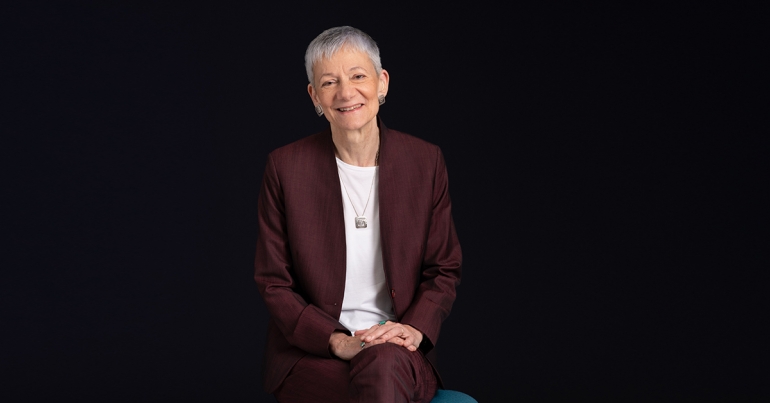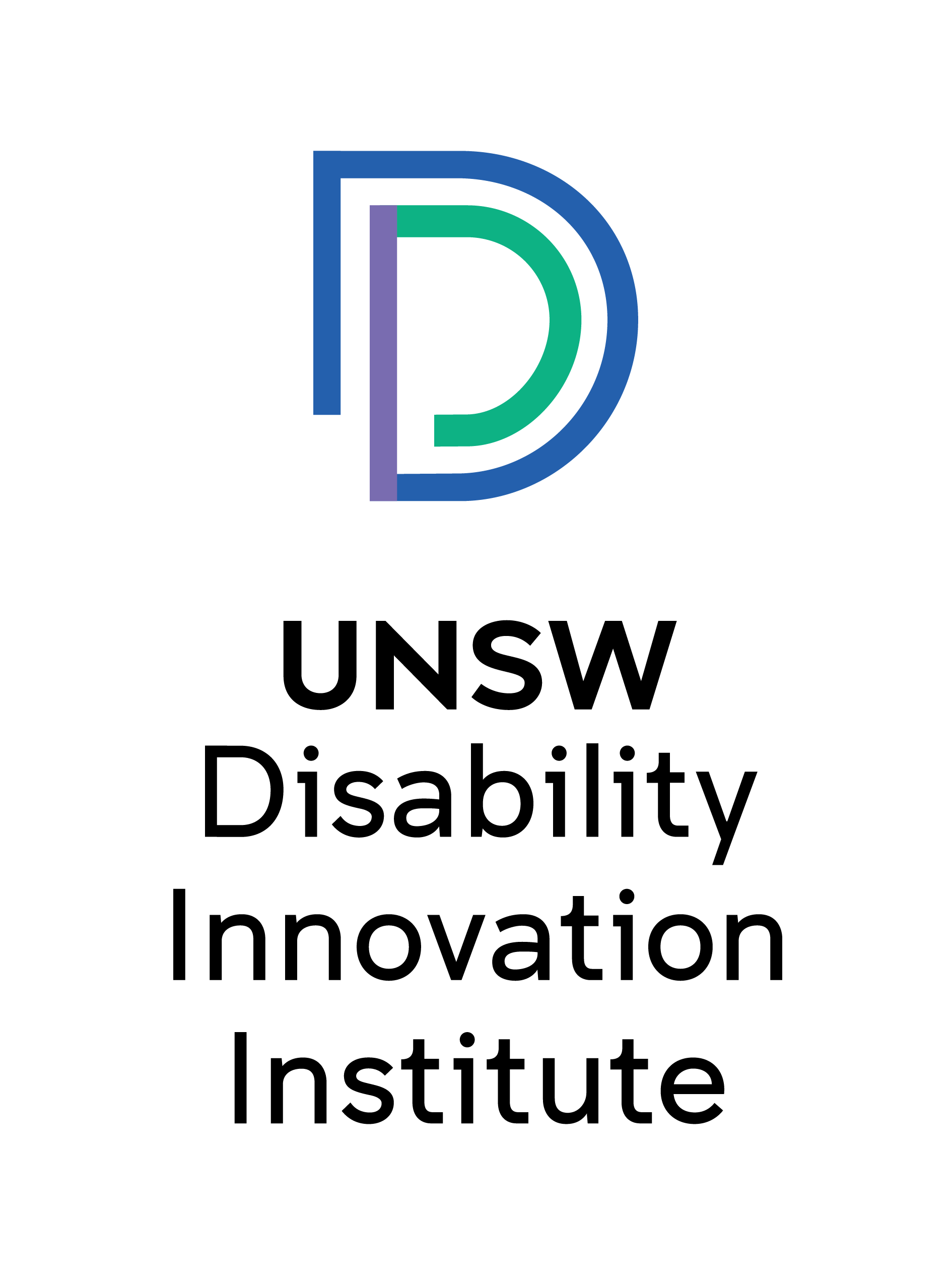In the past month the DIIU has been able to reach out to the disability research community across UNSW and beyond in some exciting ways. They demonstrate our continuing efforts to build the disability research network across the university and to support our colleagues in embedding inclusive methods within their ongoing research practice.
Our latest webinar on 1 June was entitled Improving access to primary care for people with severe mental illness. Presented by Dr Catherine Spooner and Dr Peri O’Shea, the occasion was a particular pleasure as an opportunity to showcase work that was originally supported by seedfunding from the DIIU. The recording of the webinar is available here.
As we highlighted last month, one of the DIIU’s routes towards building a community of disability researchers and educators is through our connection to HDR students, especially by means of our longstanding ties with UNSW’s Disability Scholars Network. I am very pleased to be able to announce that in July we will award two DIIU bursaries, each worth $5,000. We are making these available on a competitive basis to PhD students engaged in disability-related research, with a particular focus on inclusive methods.
Part of my role as Director of the DIIU involves carrying out my own research. My main area of interest is disability bioethics – the ethical issues raised by the impact of new biomedical technologies on people with disability. Since December last year I have been one of the chief investigators in an ARC Centre for Excellence in Automated Decision Making and Society. Here, my particular focus is on the potential implications of automated decision making and related technologies for the lives of people with disability. In May Dr Georgia van Toorn joined the Centre as a postdoctoral researcher. While Georgia’s primary affiliation is with the Centre, her interests in disability and her collaboration with me provide a close link to the DIIU. Here she introduces herself and her work in the DIIU context.
And finally: very shortly before this letter was put together, I was invited to give expert input to the Australian Citizens’ Jury on Genome Editing held in the Museum of Australian Democracy from 17-20 June. Genome editing is a technology with major potential implications for disabled people themselves, and for societal attitudes to disability. Read more about this here.


